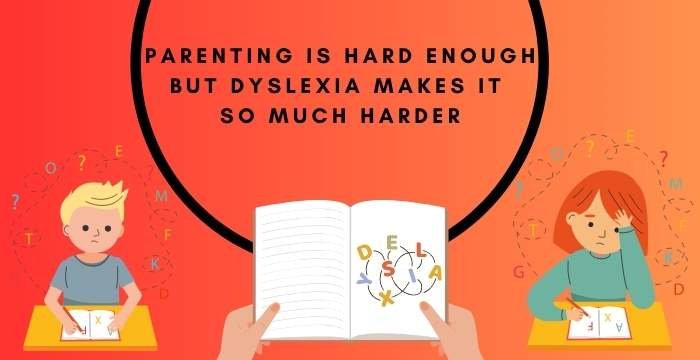I wish I had all the answers, but I don’t. What I do have is our story, some hard-earned wisdom, and a few tips that truly helped my daughter—and I hope they can help you too.
When my daughter started reversing her b’s and d’s and writing numbers backwards, I was told it was “normal,” that she would “grow out of it.” But something in my gut told me otherwise. I’d seen this before with my older child—but never to this extent. She wasn’t just flipping letters—she was reading words backwards, reading right to left, and telling me the words were moving on the page.
The school suggested testing for autism and other learning disabilities I knew weren’t the issue. I didn’t refuse out of denial—I refused because I knew my daughter, and I knew that testing her for things she didn’t have could damage her sensitive heart.
Instead, I followed my instincts and had her evaluated specifically for dyslexia by a trained professional. And sure enough—she was diagnosed with mild dyslexia.
That diagnosis changed everything.
When I shared it with the school, I found out they had no dyslexia-specific resources—just standard reading tutoring, which wasn’t going to be enough. So, my husband and I made the decision to invest in a dyslexia specialist. This wasn’t just a tutor—this was someone trained to help my daughter understand how her brain works and to teach her strategies to succeed.
That was the best money we ever spent.
After a few months of specialized tutoring, everything started to shift:
- Her fluency improved
- Her confidence grew
- Her reading comprehension soared—because she was no longer stuck decoding every word
We were fortunate to be able to afford the help, and I know not everyone has that option. So I want to share what I’ve learned, in hopes that it helps even one family out there.
Tips That Helped Us:
- 📖 Use an index card with a rectangle cut out: This allows your child to isolate one word or section at a time and block out the rest of the sentence. It helps with focus and reduces overwhelm.
- 📚 Read Dr. Seuss books: The rhymes and repetition are not only fun, but they build phonemic awareness in a natural, joyful way.
- 🧘♀️ Create a distraction-free reading space: A quiet, clutter-free environment makes a big difference.
- ✍️ Have your child read out loud, then copy what they read: This reinforces recognition and understanding.
- 💛 Stay calm and encouraging: Your child knows they’re struggling. They need more support—not pressure. Your love and patience go a long, long way.
Dyslexia doesn’t mean a child is lazy or incapable. It means they learn differently—and with the right tools, they can thrive. Even after tutoring, a dyslexic child must continue to work. Some will struggle more than others. However, with all the new research and all the new tools that are available now, our children do not need to be put in a box that holds them in. They need to be allowed the freedom of unboxing. Give them the chance.
To the parents who feel lost, unsure, and overwhelmed:
I see you. I am still in your shoes. You’re not alone.
And to the children whose brains are wired a little differently—you are bright, beautiful, and more than enough. YOU are an amazing shining star, and this world needs your light.
I’ll keep sharing what I find along the way. If it helps even one family, it’s worth it.


Leave a Reply